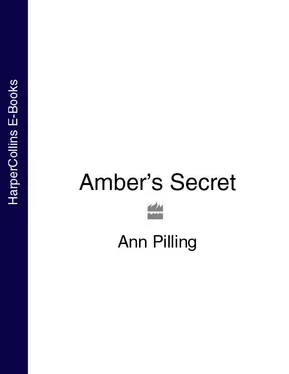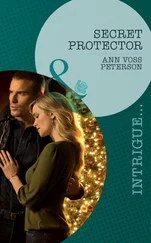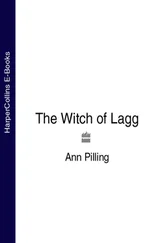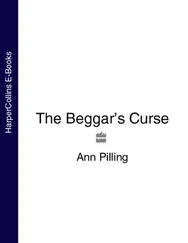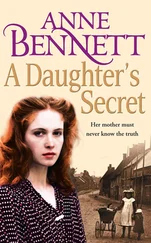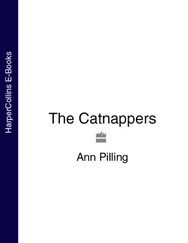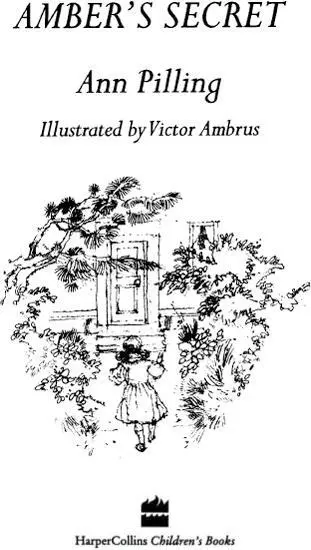
for my grandson
Francesco Joseph
and for his great grandmother
Elizabeth Irene
Things men have made with wakened hands, and put soft life into
are awake through years with transferred touch, and go on glowing
for long years .
And for this reason, some old things are lovely
warm still with the life of forgotten men who made
them .
D H Lawrence
Cover
Title Page
Dedication
Epigraph
Chapter 1
Chapter 2
Chapter 3
Chapter 4
Chapter 5
Chapter 6
Chapter 7
Chapter 8
Chapter 9
Chapter 10
Chapter 11
Chapter 12
Chapter 13
Chapter 14
Chapter 15
Chapter 16
Chapter 17
Chapter 18
Chapter 19
Chapter 20
Chapter 21
Chapter 22
Chapter 23
Keep Reading
Also by the Author
Copyright
About the Publisher
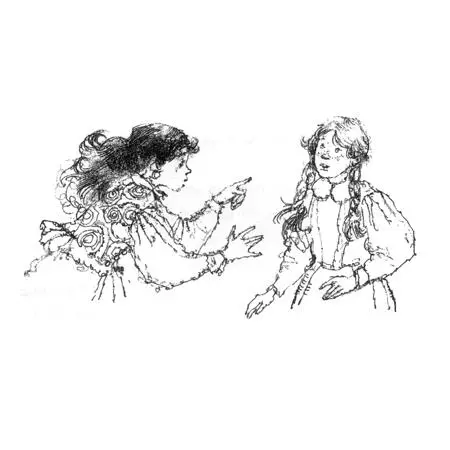
‘Did you know,’ said Amber one day to her friend Sally, ‘that if you pick up the phone and ring Appleford 616 you can talk to God?’
Sally stared. Amber was a gypsy child, she knew secrets. She knew the place on Furze Hill where rabbits came to graze in the afternoon. She knew where the kingfisher lived at Tolly Reach. She could ride her pony bareback across the fields. If anyone knew about talking to God it would be Amber.
But there was something uncertain about her, something vanishing. She only came to school when the Fair was in town, at Christmas time, and in the summer. Sally would have liked Amber to be her very best friend but she was always going away.
They were sitting by the stream at the end of the allotments. It was by this stream that they had their most important talks. Sally stared at the water. Then she said, ‘Have you tried it?’ She needed to talk to someone like God very much, or to an angel, or to some helpful human being who might know what to do. Something terrible had happened at home.
‘Oh no ,’ said Amber. ‘It’s only for emergencies.’
Sally was disappointed. She thought for a little while then she said, ‘You mean like 999? You mean like Police, Fire, Ambulance?’
‘Sort of. But it’s a lot more special.’
‘Will you write that number down for me?’ said Sally.
But Amber scrunched her lips again. She looked as if she was going to say ‘no’ and the trouble was that Sally forgot things. ‘Scatterbrain Sally’ was what her mother called her.
‘ Please ,’ she whispered. As she waited, the terrible thing at home became ten times more terrible.
‘What will you give me if I do?’ said Amber.
This was the one bit of Amber that Sally didn’t like, the bit that made bargains. She felt in her pockets while Amber watched very carefully, her glossy black head moving now this way, now that, like a bird.
On to the bank Sally put two sweets, a piece of blue string and a rubber shaped like a frog. Then she found a stub of pencil and laid it beside the rest. Amber inspected everything.
‘Is that all?’ she demanded.
‘That’s all. . . today,’ Sally said slowly, as if, on normal days, her pockets were stuffed with treasures.
Amber swept everything except the pencil into the brilliant patchwork bag she brought to school with her things in. Then she picked up the pencil stub and wrote down the number on Sally’s hand.
‘Ouch!’ squeaked Sally. Amber was pressing much too hard.
‘Pencil’s not much good on skin,’ said Amber. ‘I’ve got to press.’
When she had finished, Sally inspected her hand. ‘I can’t really see it,’ she told Amber nervously. ‘Could you write it on some paper?’
‘Haven’t got any paper,’ Amber said. She sounded grumpy now. She wrapped her long sunburnt arms round her knees and stared moodily into the slow brown water. Her little gold earrings glinted in the sun and her rainbow-coloured dress was like bright feathers. Sally, who had thick blonde plaits and short stubby legs, felt boring and plain next to Amber, plain as bread.
She said, ‘I’ll get some paper. Wait here.’ And she ran off up the path that went through the middle of the allotments. When she reached the place where they made bonfires she rummaged about among the rusty oil drums. Very soon she soon found a brown paper bag, the kind one of the old men might have brought, with his sandwiches in. A lot of quite old people came to grow things on the allotments, and stayed the whole day.
‘Will this do?’ asked Sally, holding it out to Amber.
Amber inspected the greasy bag, tore a piece off the corner and scribbled down the number. But she still seemed cross. It was as if giving Sally the important number was like telling somebody your name for the very first time, as if it gave that somebody a kind of power over you.
‘There you are, Sally Bell,’ she said, slapping the scrap of brown paper into Sally’s hand, and the next minute she was gone, running very fast along the path towards Tolly Reach where the kingfisher was and where, across the fields, in a lay-by on the main road, the gypsies had their caravans.
‘ Sally Bell ’. That didn’t feel very friendly. Sally called Amber ‘Amber’. If the gypsy girl had another name then nobody knew it; it was one of the magic things about her.
Sally walked home looking at the faint writing on the palm of her hand. From time to time she felt inside her pocket for the tiny scrap of brown paper. She must put it in a very safe place. It was a good thing she had that paper because she couldn’t memorise the number. In the place where other people had a memory, Sally had a ‘forgettery’, that’s what her mum said.
As she lay in bed that night she discovered that the bath water had washed the faint pencil marks quite off her hand. But hanging over a chair was her blue cotton frock with the deep pockets and in the left-hand pocket was Amber’s special number. The thought of it comforted her as she drifted off to sleep. It was like a warm hot water bottle held against her tummy. It promised help, help to sort out the terrible thing.
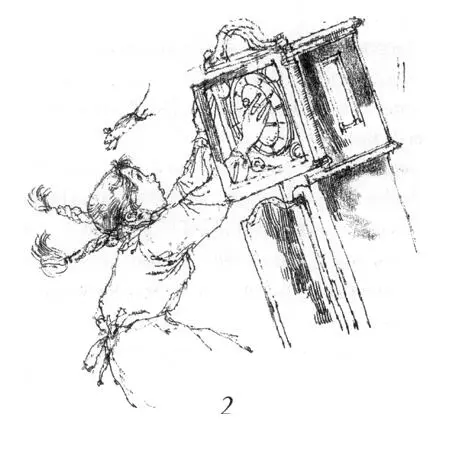
The terrible thing hadn’t happened in the house in which Sally had gone to bed. She was sleeping at ‘Next Door’s’, where Mrs Spinks lived. Mrs Spinks was looking after her because her mother was in hospital.
This was awful for Sally but it wasn’t the terrible thing. The doctor had told Mrs Spinks and Mrs Spinks had told her that Mum would get better soon. So Sally tried not to worry and it was all right until the day she went to the hospital and wasn’t allowed to see her mother because they had put her in a special room for very ill people.
After that, Sally worried very much indeed and she asked Mrs Spinks to write to her father straight away, or even to send him a telegram, to Abroad where he was working. But Mrs Spinks said no, not yet anyway. It was Abroad where Mum had caught the illness, when she last visited Dad.
Читать дальше
